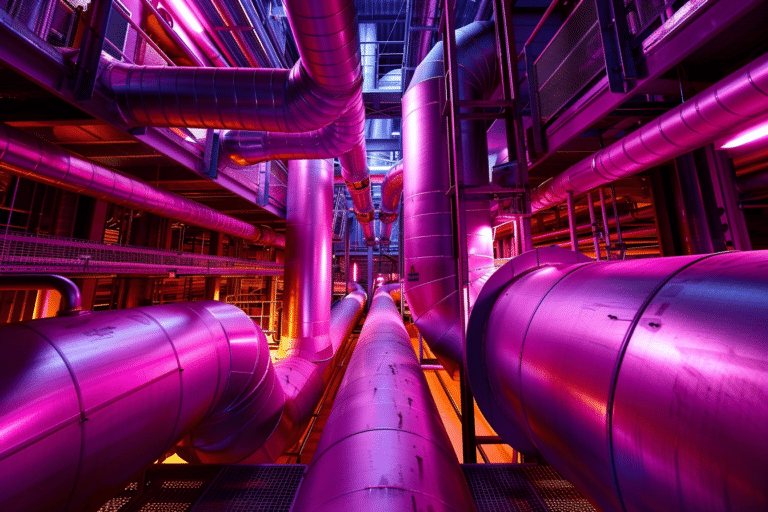In 2023, the online search giant reported that its greenhouse gas emissions reached 14.3 million tons of CO2, representing a 48% increase compared to 2019, its base year, according to its annual environmental report. The primary cause of this increase is the higher energy consumption in its data centers, the buildings that house the computer servers forming the backbone of the cloud and, therefore, websites, mobile applications, online services, and all new generative artificial intelligence tools like ChatGPT.
"As we integrate AI into our products, reducing emissions could prove difficult," noted the Californian group. Google argues that the higher energy needs of AI, which require more computing power, as well as emissions linked to its infrastructure investments, such as building new data centers or upgrading existing ones, are critical factors.
Commitments and Challenges
Google has committed to achieving "net zero" emissions across all its operations by 2030. Microsoft, the second-largest cloud provider in the world, has also set the goal of achieving a carbon-neutral footprint by 2030. Meanwhile, Amazon, the global leader in the cloud thanks to its specialized subsidiary AWS, does not expect to achieve this goal before 2040. Amazon's main activity remains online sales, which require warehouses and logistics centers worldwide.
The three American giants highlight their efforts to reduce waste and replace the water they consume (for cooling servers), as well as their investments in renewable energies and emerging technologies to capture and store the CO2 already present in the atmosphere. However, the success of generative AI, popularized by ChatGPT (developed by OpenAI, whose main investor is Microsoft), risks undermining their progress.
In 2023, Microsoft's emissions increased by 29% compared to 2020, underscoring the ongoing challenge these companies face in balancing AI growth with their environmental commitments.






